Ally Iseman is a relationship design coach, non-monogamy educator, and founder of Passport2Pleasure.com. She helps people build relationships that are intentional, joyful, and uniquely their own without getting stuck in traditional labels of monogamy or partnership. Through one-on-one coaching, workshops, and her immersive global event series KAVANOS, Ally guides people to explore intimacy, consent, and pleasure with confidence and curiosity.
Her approach blends practical skills, communication strategies, and sex-positive education, helping clients create relationships that fulfill them emotionally, sexually, and personally. For Ally, relationships aren’t just a structure; they’re an opportunity to practice authenticity, empowerment, and connection.
We sat down with her to talk about her journey from serial monogamy to non-monogamous living, the lessons she’s learned along the way, and how opening up—without breaking up—can transform the way we love.
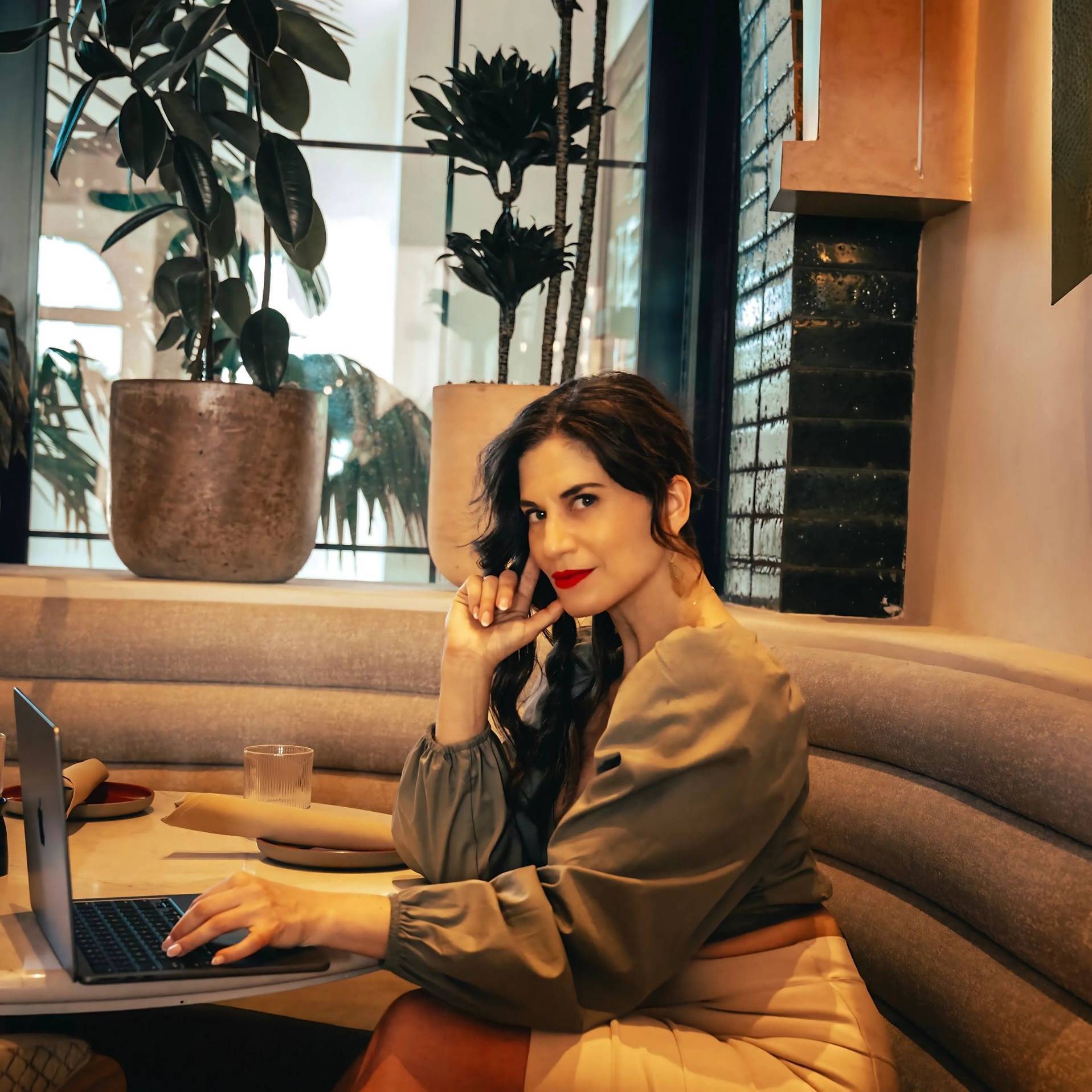
Website
Personal Journey & Philosophy
Your work covers coaching, writing, and designing inclusive experiences around relationships and sexuality. How has your personal journey in non-monogamy and sexual wellness influenced the way you approach relationship coaching?
Ally: It’s impossible to separate the coach from the lived experience. I’ve walked through the fire of opening up a relationship, made every textbook mistake, and also discovered intimacy I never knew was possible. I’m not here to hand down a prescription, formula, or solution—one-size-fits-all rarely does—I’m here to ask the questions most people are afraid to: What do you actually want? And have you ever been given permission to want it?
My journey through consensual non-monogamy and reclaiming my sensual empowerment taught me that desire is data. That boundaries are meant to be loving, not limiting. That relationships aren’t a destination we arrive at, they’re an ongoing conversation. That’s why I call them a relation-trip. That philosophy lives in every session I coach, every workshop I lead, every word I write.
In short, I’ve learned that it’s not any one relationship structure (monogamous, polyamorous, or somewhere in between) that provides security, encourages honesty, or deepens intimacy and commitment; it’s the experience of the relationship itself. I don’t coach from the perspective of trying to get two (or more) people to fit together no matter what, I coach with the intention of designing a relationship as unique as—and one that fully supports—everyone involved.
Is Polyamory Truly ‘Better,’ or Just Different?
Do you believe polyamory or open relationships can ever be “better” than monogamy, or is it always situational?’’
Ally: “Better” is only applicable as a measure if you know what you’re optimizing for. Polyamory isn’t an inherently superior moral or emotional relationship model—it’s just a different framework. And for some people, it’s the first one that ever made sense.
What I do believe is better—for everyone—is informed choice. Too many people default into monogamy without ever questioning if it fits. And when that happens, desire stagnates, resentment simmers, and we mistake security for love.
So no, polyamory isn’t better. But knowing that there are options, and fully understanding what they are and what you need so you can make an informed choice, now we’re talking about something I can get behind.
You can’t consent to something you don’t understand, and you can’t choose something if no other options are available. I don’t care if someone chooses monogamy, polyamory, or something else entirely–as long as it’s an informed decision.
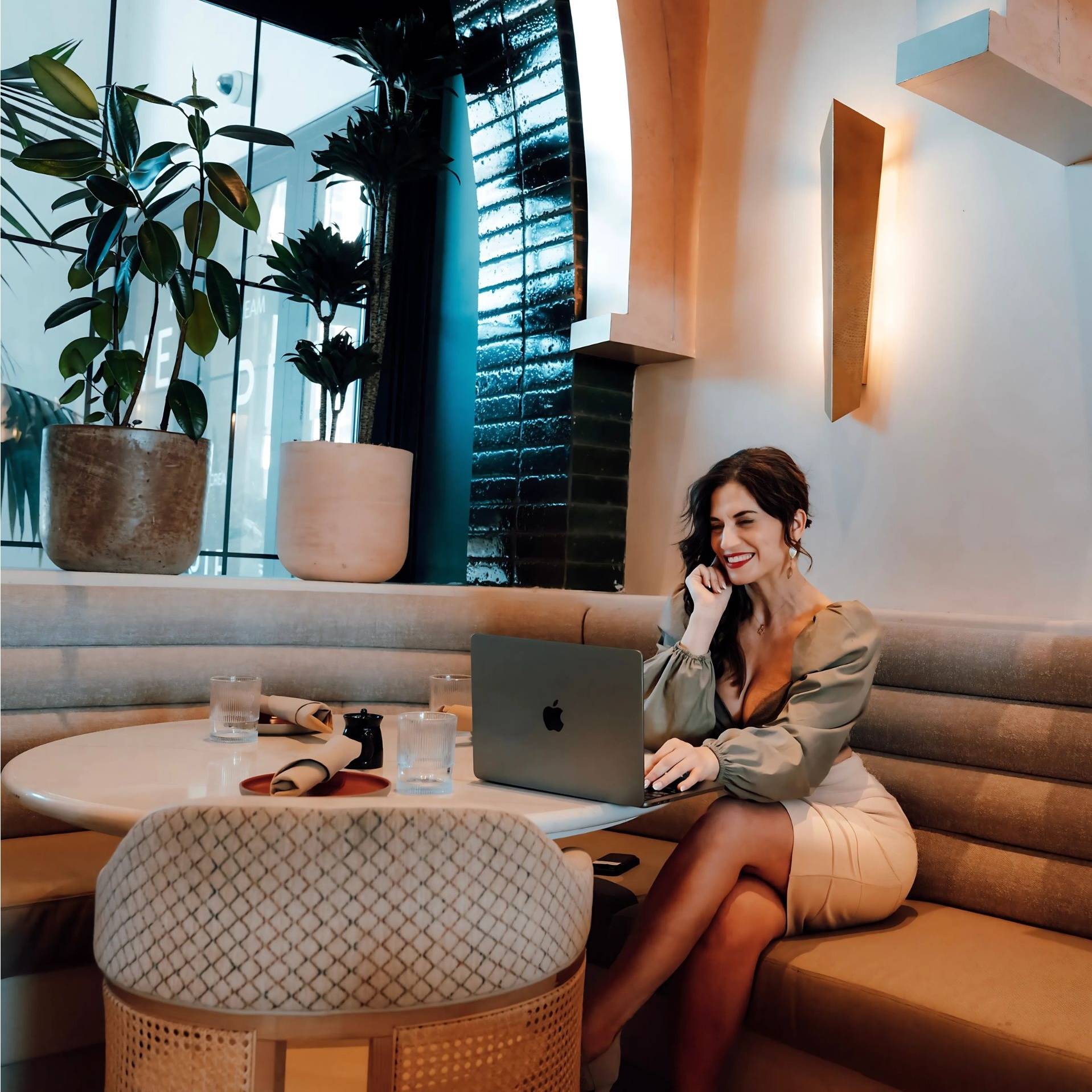
Global Perspective & Pleasure Travel
Through Passport2Pleasure and KAVANOS, you bring together communities worldwide. How does exposure to diverse sexual cultures influence people’s ability to express themselves authentically?
Ally: Curiosity is the gateway to freedom and intimacy. Nothing cracks people open faster than being dropped into a space where pleasure is normalized—not commodified, not criminalized, not hidden. Whether it’s a curated play-friendly event in Lisbon, a rooftop in Tulum, or a volcanic hot spring in Iceland, people shift when they see how different cultures celebrate erotic expression.
When we’re children, we learn about ourselves and the world through play. It doesn’t need to be any different as adults. Social barriers, expectations, and negative experiences force us to forget that it’s okay to play. That this is supposed to be fun!
It’s not just about sex—it’s about connection. To self, to others, to community. Language, music, eye contact, rituals, body adornment… these are tools for rewriting your internal story. Suddenly, you’re not the person who “doesn’t orgasm easily” or “needs to earn love”—you’re just someone dancing barefoot under the moon, being worshipped by someone who sees all of you. That kind of exposure doesn’t just change your sex life. It changes your capacity to feel alive. This is your permission to play.
Taboo & Boundaries
What’s a sexual taboo or fantasy that you think is misunderstood or unfairly judged by society, and why should people explore it without shame?
Ally: Power exchange. Especially when it shows up in femme- or AFAB-led dynamics. The cultural narrative still frames dominance as a masculine right and submission as a feminine burden. One of many mainstream examples is the common usage of the term “cuck” as a derogatory slur. But in reality? Playing with power—consensually—can be one of the most healing, liberating things a person can do. Regardless of gender.
It allows us to rewrite trauma through a lens of embodied consent and choice, exploring parts of ourselves that never got to be witnessed. The taboo isn’t really about the kink. It’s about the truth it reveals. And shame thrives in silence—so I say let’s talk about it loudly, tenderly, and with a safe word or two.
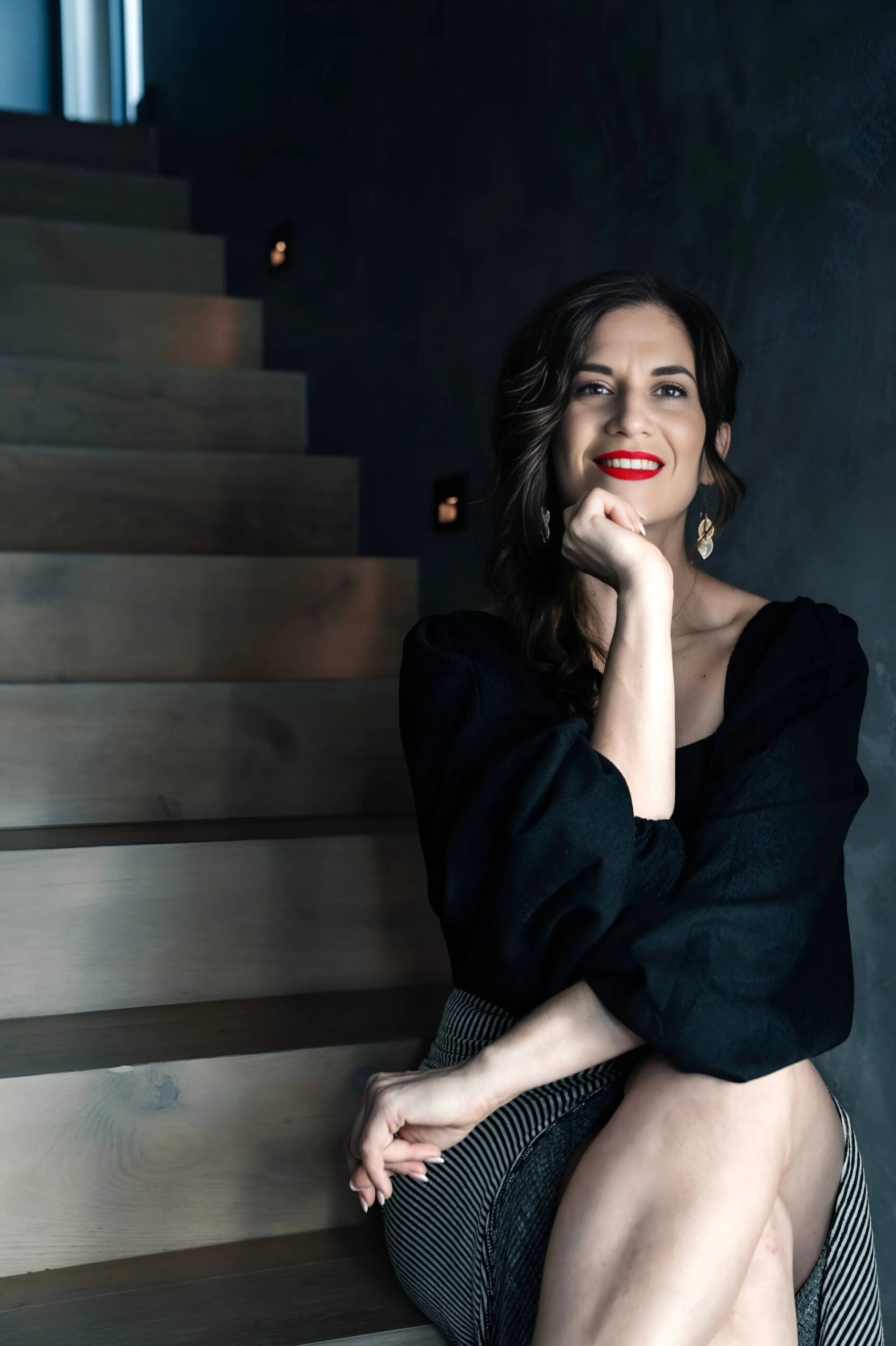
Controversial Advice for Couples
If a couple asked you whether they should “swing” or experiment with an open relationship, what would be the boldest, most honest advice you’d give?
Ally: Don’t open your relationship to fix it. Open it because you trust it and you’re curious to explore the edges of your comfort zone. Opening up a relationship isn’t an “either/or” conversation (let’s do this so we don’t get divorced); it’s a “yes/and” to something that’s already working.
The biggest mistake I see couples make is treating consensual non-monogamy like an escape hatch to avoid addressing sexual stagnation or emotional disconnection. If your communication is shaky, your boundaries unclear, or your intimacy avoidant, you’re not ready to share your sandbox with other people.
That said? If you are in a solid place, swinging or opening up can absolutely be a playground for mutual growth, exploration, and expansion. But only if you’re willing to fumble. Because you will. You don’t have to be perfect. You just have to be willing to get comfortable with being uncomfortable—a skill that benefits all relationships, including monogamous ones.
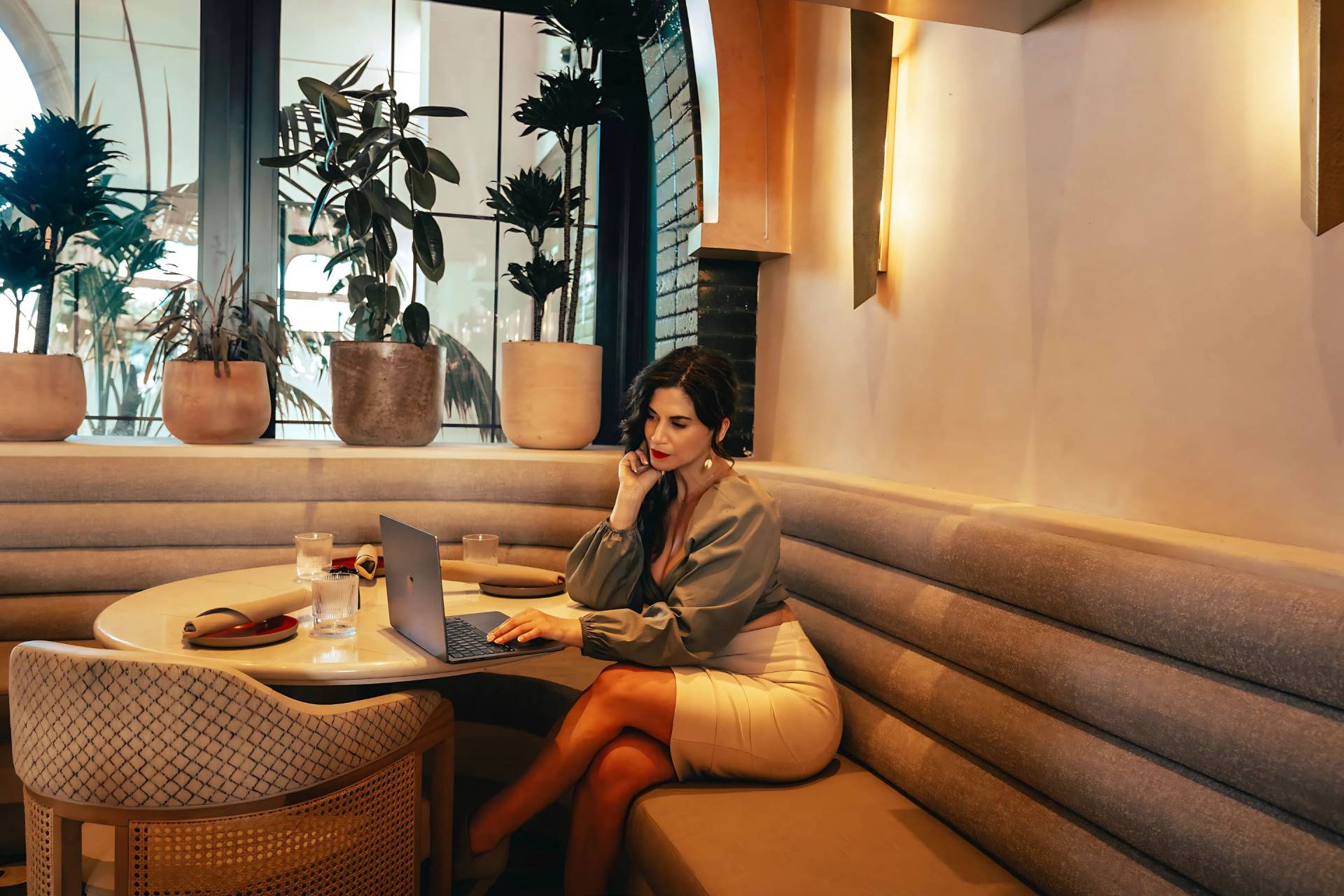
Crafting a Personalized Relationship Style
You talk about “relationship design.” Can you share an example of how someone might create a relationship style that reflects their unique needs and desires rather than defaulting to traditional models?
Ally: Absolutely. One of my clients, a couple—let’s call them the Smiths—came to me thinking they needed to “open up” in order to expand Mrs. Smith’s sexual horizons. They had married young and were each other’s only sexual experience. Their bond was strong, but her curiosity had grown too strong to ignore. They wanted to protect what they had, but Mr. Smith had no desire to date or have sexual encounters with others.
Together, we created a relationship template that honored both of them: space for both of their desire for deep primary partnership and space for her exploratory flings and fantasy fulfillment. Just because one partner wants to date and explore, doesn’t mean they both have to. We don’t get to force anyone to be polyamorous anymore than we get to force someone to be monogamous. We don’t get to dictate whether our partners see other people or not, we do get to decide if we’re okay with a partner who does or does not see others.
That’s the difference between boundaries and rules in a relationship. That’s relationship design: not asking “what should I want?” but “what actually works for me and the people I love?”
Legacy & Impact
You’ve reached thousands of people through coaching, events, and media. What impact do you hope your work has on the way society approaches love, sex, and relational freedom?
Ally: I want people to stop outsourcing their worth to institutions that never had their pleasure in mind. If my work does anything, I hope it enables people to start actively choosing their relationships—whatever their relationship style might be—and start designing the relationship of their dreams, not someone else’s.
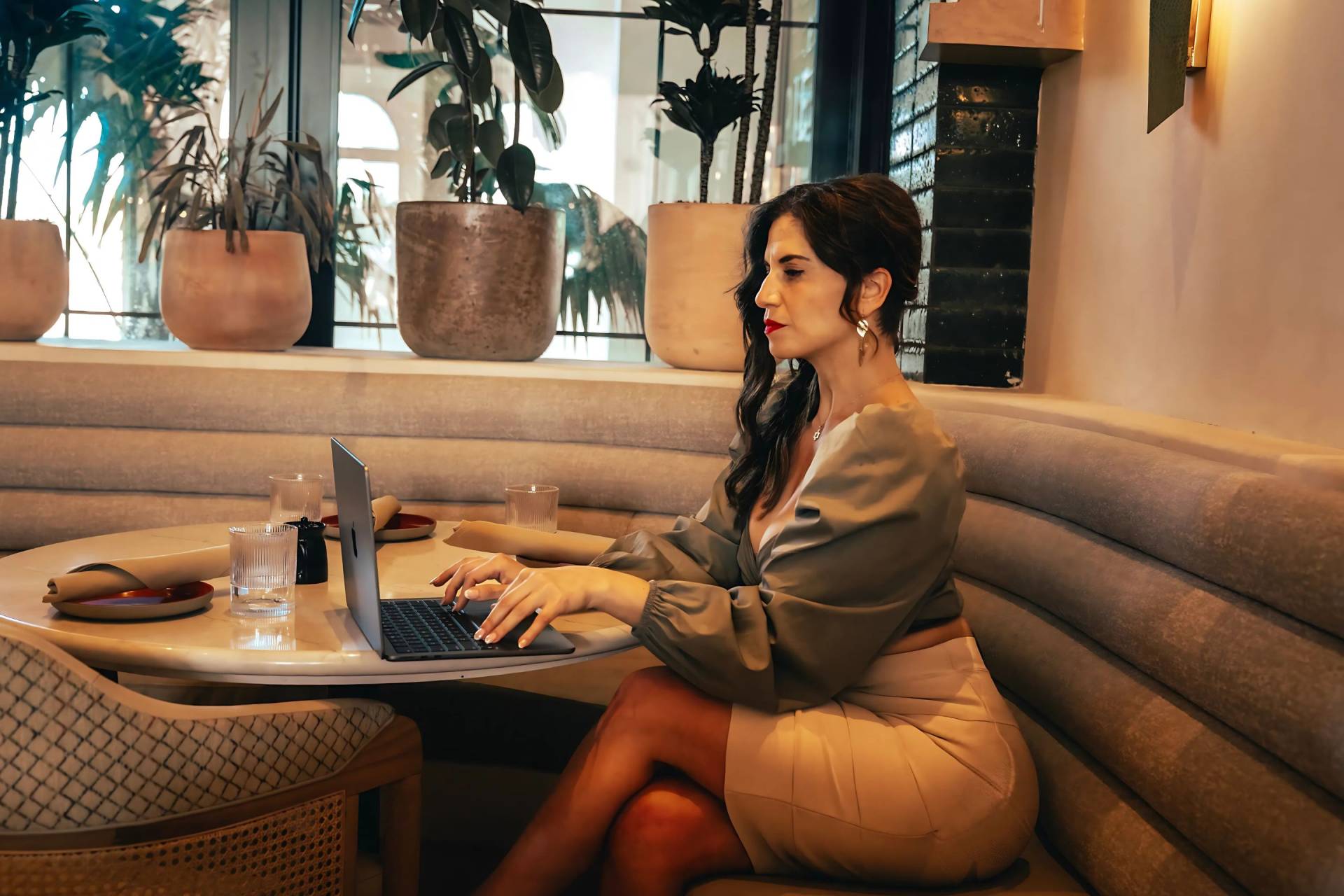
Advice for Readers
For someone who has never explored non-monogamy or alternative relationship structures, what advice would you give to approach these conversations with curiosity and safety?
Ally: Start with your why, not the what. It’s tempting to lead with logistics—“Can we have a threesome?” “What are the rules?” But underneath every structure question is a story—about safety, love, power, desire. So ask yourself first: What’s drawing me to this? What do I hope it opens in me? In us?
Then invite your partner(s) into the conversation—not as a threat, but as an opportunity. Use language like:
“I’m learning more about relationship design and noticing some things I want to explore. Can we be curious together?”
Lead with curiosity, not conviction. That’s not just safer. That’s sexier. Because it’s rooted in consent, co-creation, and care.
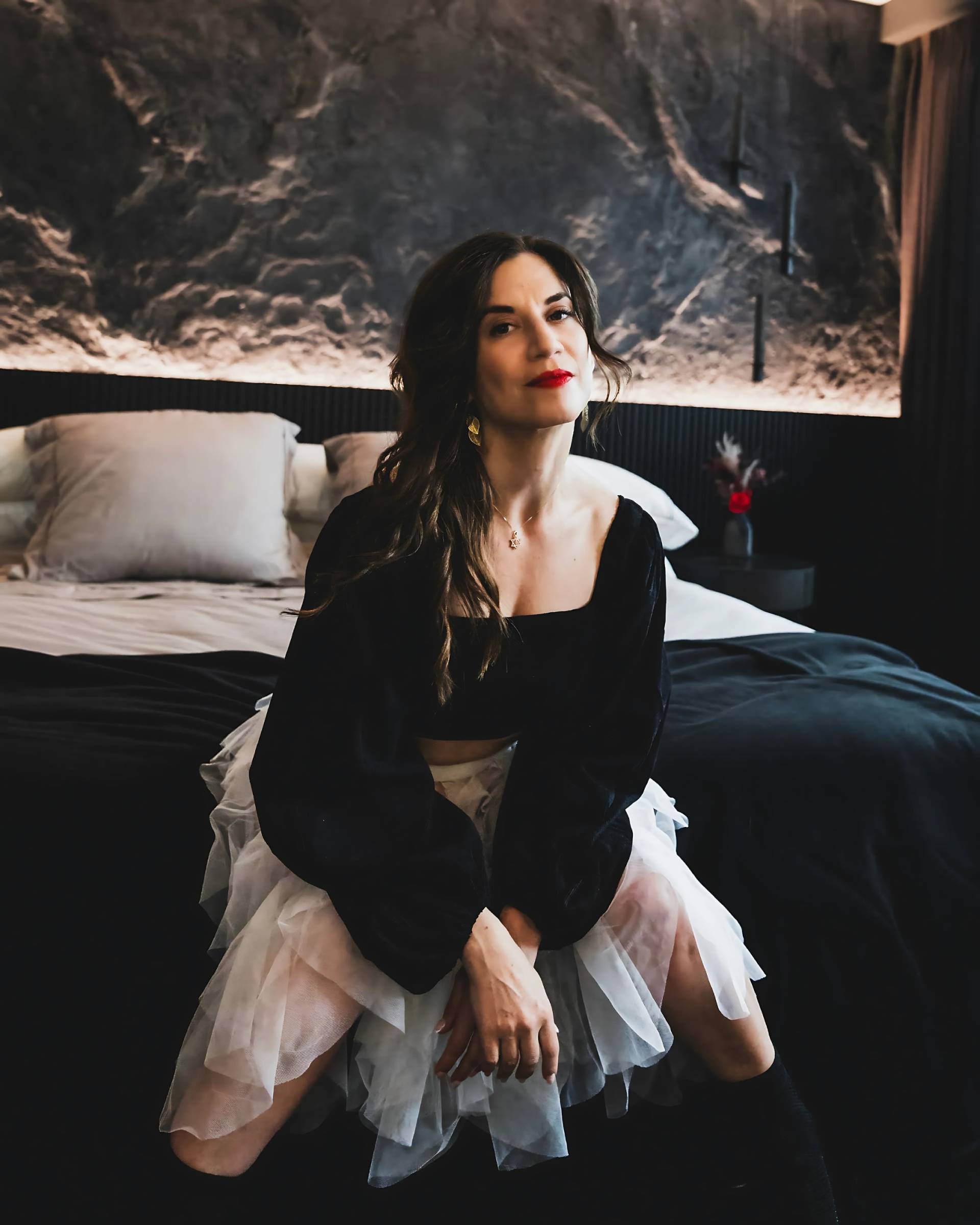
Editor’s Note
Ally Iseman encourages us to see relationships as spaces of curiosity, consent, and genuine connection. Her journey is a masterclass in courage challenging societal expectations, embracing desire without shame, and discovering that true intimacy begins with self-awareness. Through playful exploration, openness, and fearless honesty, Ally reminds us that love and pleasure aren’t destinations they are practices we nurture daily.
For those questioning traditional norms, navigating desire, or crafting a relationship that truly fits, Ally’s insights offer both guidance and permission: to communicate authentically, honor your needs, and embrace connection in its most joyful, expansive form.
“Opening up is less about changing your relationship and more about deepening it—presence, choice, and the courage to let every part of yourself be seen.”

